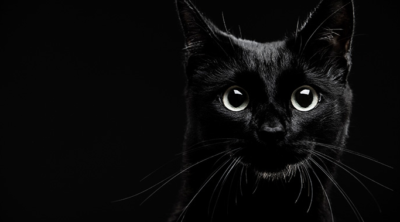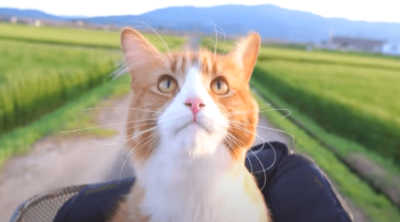
L-lysine is a dietary supplement given to cats affected by the feline herpes virus. Know more about lysine usage, dosage, as well as side effects in this article.
L-lysine is a naturally-occurring amino acid which inhibits the growth of herpes virus in a cat’s body. Feline herpes is one of the extremely common Upper Respiratory Infections (URI) in cats, and is caused by the herpes virus. This virus spreads through the air and replicates in the upper respiratory tract of the cat. It is highly-contagious, and most cats get this infection either as kittens from their mothers or by living in an environment where there are multiple stray cats or new cats interacting constantly. The clinical signs of this infection include eye discharge, squinting, sneezing, and sinus congestion.
This feline infection is not contagious to dogs or humans and only affects cats. Almost every cat gets infected by this virus at some point of time or the other. Hence, it becomes extremely important for every cat owner to know about this infection and its methods of cure and prevention. One of the most effective ways to treat the feline herpes virus is by feeding your cat L-lysine supplements.
Uses of L-lysine
As said before, lysine is an essential amino acid found in proteins, which is used to treat feline herpes virus. Hence, to treat herpes symptoms in cats, many cat owners prefer giving their cats lysine supplements, which are nothing but amino acid dietary supplements. Although most cats are able to suppress the herpes virus with their immune systems, some cats have chronic or recurrent symptoms which can be suppressed by lysine to a great extent. Hence, despite many antibiotics and antiviral medications available in the market, many veterinary ophthalmologists recommend oral lysine for cats affected by the herpes virus. The lysine pill is either added to the cat’s food or is placed directly far back into the cat’s mouth.
Side Effects
Though lysine is quite effective in treating URI, there is a possibility of it having adverse effects on the cat’s health. Some cats are highly sensitive to this drug and may exhibit symptoms like facial swelling, hives, diarrhea, persistent scratching, vomiting, pale gums, and seizures after consuming it. Lysine is also known to react with vitamins and other supplements. In fact, if the drug is given in large doses, the cat can develop toxicity to other antibiotics like gentamicin, tobramycin, amikacin, kanamycin, neomycin, streptomycin, and other penicillin-based drugs. Hence, if your cat starts vomiting or biting its stomach, it should be instantly taken to a veterinarian as this can be a case of an upset stomach or some severe infection.
Though lysine is quite effective in curing feline herpes infection and is available over-the-counter, it is still recommended to consult a veterinarian before giving it to your cat, as the dosage varies according to the cat’s size, medical history, or even its eating habits. During the cat’s treatment phase, keep it isolated from other cats to limit the spread of the virus. Also, wash your hands properly with soap and water after touching or feeding the cat.
However, if you see no change in your cat’s condition and with time, the condition worsens, take it to a good veterinarian to diagnose other causes of sneezing, vomiting, infection, etc. and get the necessary medications. Remember that there are always chances of the infection recurring. Hence, periodic cat checkup and treatment is necessary.


